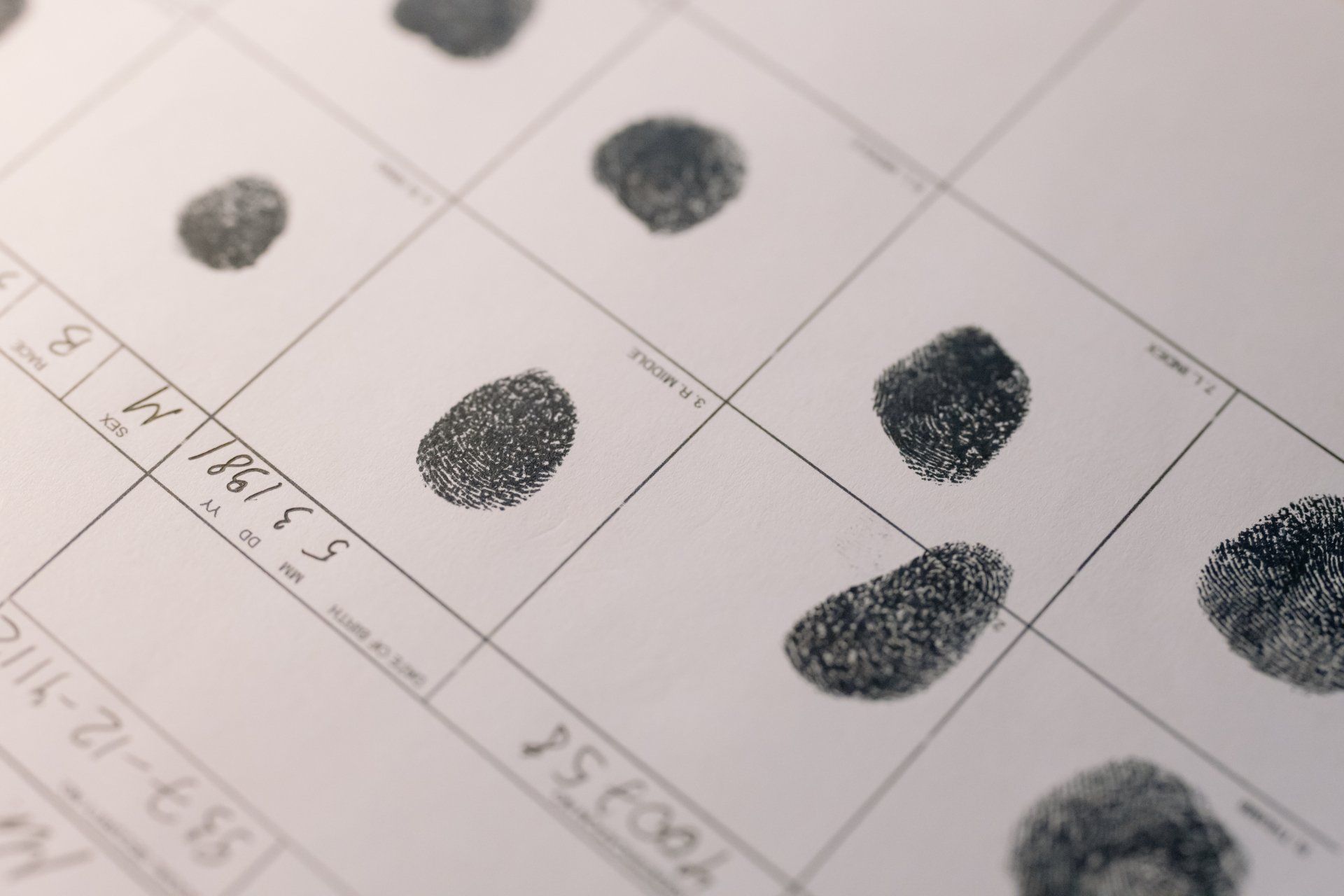Can an Old Arrest Show Up on a Background Check? What You Need to Know

Introduction
Many people assume that if an arrest happened years ago, it won’t appear on a background check. However, this is not always the case. Depending on various factors such as the type of check being conducted, the police jurisdiction, and whether any legal action was taken to remove the record, an old arrest could still appear in your file.
Whether you’re applying for a job, traveling internationally, or seeking a professional license, it’s crucial to understand how background checks work and what you can do if an old arrest is still haunting you. This guide will explain how and when old arrests show up, the different types of background checks, and how you can take steps to remove or mitigate their impact.
Types of Background Checks and What They Reveal
There are several different types of background checks, and each one can reveal different levels of detail about an individual's past. The type of background check being conducted will determine whether an old arrest appears or not.
1. Criminal Record Check
This is the most common type of background check performed by employers, volunteer organizations, and licensing boards.
It typically reveals:
- Convictions (if not pardoned or expunged)
- Outstanding charges or warrants
- Conditional and absolute discharges (within specific time limits)
- In some cases, non-conviction records such as withdrawn or dismissed charges
2. Vulnerable Sector Check
This is a more in-depth background check often required for people working with children, seniors, or vulnerable populations.
It may include:
- Everything in a regular criminal record check
- Record suspensions (pardons) related to sexual offenses
- Police interactions that indicate a pattern of behavior that could pose a risk
3. Police Information Check
Some employers or agencies request a police information check, which could include non-conviction records such as:
- Arrests that did not lead to charges
- Charges that were withdrawn or dismissed
- Mental health-related police interactions
- Non-criminal police contacts
4. U.S. Border and International Background Checks
Even if an old arrest does not appear on a standard Canadian background check, it may still be accessible by U.S. border authorities or other international agencies. The U.S. Customs and Border Protection (CBP) has its own database and may retain records indefinitely, even if a charge was later withdrawn or dismissed.
How Long Does an Old Arrest Stay on Your Record?
In Canada, the duration that an arrest stays on your record depends on whether charges were laid and what happened afterward.
1. If You Were Arrested But Not Charged
In most cases, the police retain arrest records indefinitely unless you apply for record destruction.
The information may still appear on a police information check but not necessarily on a standard criminal record check.
2. If Your Charges Were Withdrawn or Dismissed
These records are often still accessible to law enforcement unless you request their removal.
Some police agencies automatically remove these records after a certain period, but others require a formal application for record destruction.
3. If You Received an Absolute or Conditional Discharge
An absolute discharge is automatically removed one year after sentencing.
A conditional discharge is removed three years after sentencing.
If not removed, these may still appear in a police information check or vulnerable sector check.
4. If You Were Convicted
Convictions remain on your record permanently unless you apply for a Record Suspension (Pardon).
A successful Pardon seals the conviction from most standard background checks.
Some serious offenses may still be visible to authorities even after a Pardon.
How to Remove an Old Arrest from Your Record
If an old arrest is still showing up on background checks, you may be able to take action to have it removed or sealed.
1. Apply for Record Destruction
If you were arrested but not charged, or if your charges were withdrawn, dismissed, or resulted in a non-conviction, you can apply for record destruction with the police service that handled your case.
- Contact the police department that processed your arrest.
- Submit a request for record destruction.
- If approved, your fingerprints, photographs, and police records will be erased.
2. Apply for a Record Suspension (Pardon)
If you were convicted, your best option is to apply for a Record Suspension (Pardon) through the Parole Board of Canada.
- A Pardon seals your criminal record from standard background checks.
- Most employers and organizations will not have access to pardoned records.
- U.S. border authorities may still retain access to past records, even if pardoned.
3. Check If You Need a U.S. Entry Waiver
If you have been denied entry to the U.S. due to an old arrest, you may need to apply for a U.S. Entry Waiver to travel legally.
- A Waiver allows individuals with past criminal records to legally enter the U.S..
- It is issued by the Department of Homeland Security.
- It is typically valid for 1 to 5 years, after which it must be renewed.
Final Thoughts: Be Proactive About Your Record
If you have an old arrest on your record, it’s important to take action before it negatively impacts your future opportunities. Even if you believe your record is clear, background checks can still reveal non-conviction police records that may affect employment, travel, and more.
Key Takeaways:
- Old arrests can show up on background checks, depending on the type of check.
- Non-conviction records may remain in police databases unless you request their destruction.
- If you have a conviction, applying for a Record Suspension (Pardon) is the best way to seal your record.
- U.S. authorities may still have access to your past arrest, even if it was removed in Canada.
- If denied entry to the U.S., consider applying for a U.S. Entry Waiver.
If you need assistance with record destruction, pardons, or U.S. Entry Waivers, our experienced team can guide you through the process. Contact us today to take control of your future!




